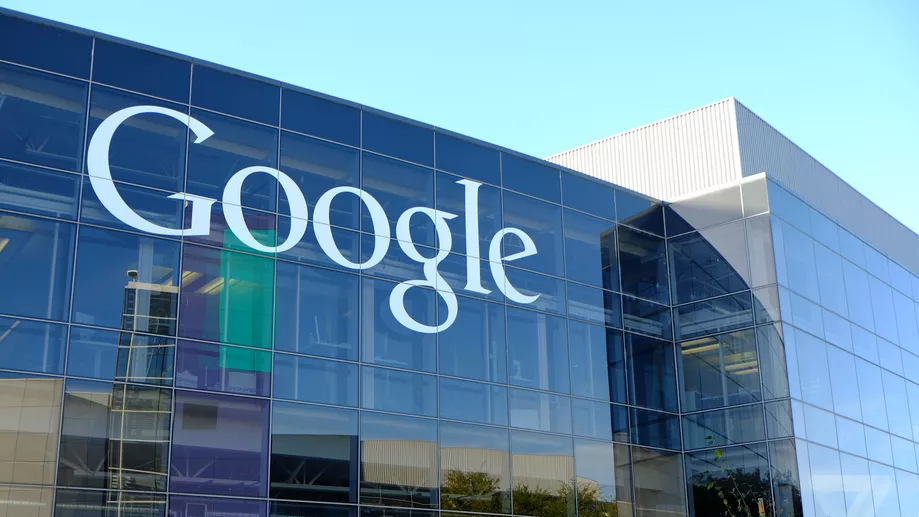The recent lawsuit against Google regarding its hiring practices is just a drop in the large pool of conversations regarding diversity and inclusion in large tech companies. The plaintiff, Arne Wilburg, a YouTube recruiter who was employed by Google for several years, claims that the company was discriminatory towards white and Asian men in its hiring process. Wilburg states that he was instructed to hire only those from “historically underrepresented groups” and alleges that Google “purges” applications from white and Asian males. While Wilburg’s claims may seem alarming to many, Google’s company statistics are far more alarming. Google’s total workforce is 69 percent male. Its technical workforce is even less impressive, with 80 percent male employees; of these, 92 percent are either white or Asian. If Google implemented some of the hiring processes that Wilburg mentioned, it has had little to no effect on the company overall. In fact, it will take radical reforms to change the lack of diversity within tech companies. Although Google’s actions lacked the right language and implementation, it should not be demonized for trying to fix such a prevalent problem within its company. In a company that is so enormously homogenous, Google recruiters should be excited to hire new and diverse talent; Wilburg’s lawsuit simply demonstrates resistance to change within the company and ignorance about diversity and discrimination.
Companies like Google have failed to hire employees from underrepresented backgrounds for far too long. Google only began reporting its diversity statistics in 2014, revealing that the company workforce was 61 percent male and less than five percent Black and Hispanic. When a company is overwhelmingly white and male, it discourages those who do not fit those characteristics from applying for jobs there. Even when women and people of color send in their applications, they are challenged with the inherent biases of the majority white and male recruiters. Unfortunately, white men are more inclined to hire people that look like themselves and hold negative stereotypes about women and people of color, even if they do so unconsciously. This creates a vicious cycle in which people from underrepresented groups are continuously left out—either by not getting a position that they were qualified for in favor of a less diverse candidate or by deciding to not apply in the first place. Both of these options put Google at a disadvantage in terms of growing a more diverse workplace. Applicants that take themselves of out Google’s hiring pool possibly do the same for other companies and then end up at smaller firms. It is also a lot to ask of candidates to join a space where they will clearly be a very small minority. Herein lies Google’s greatest challenge: how do they attract and hire diverse candidates while they currently have such a homogenous workforce?
Google’s response to this dilemma has been sloppy. If they indeed instructed recruiters to solely consider applicants from underrepresented groups and disregard traditional, white and Asian male applicants, recruiters could then feel that the more diverse applicants are less viable, and other employees would be aware of the “favor” being give to diverse applicants. Current employees can feel that newer, more diverse recruits used their identities rather than merit to secure their position. This can also perpetuate a culture in which nontraditional applicants and employees feel less welcome. Google needs to explain to recruiters that they do have inherent biases that must be addressed and also have workforce training to help dismantle problematic culture. This may result in a more holistic application process, similar to that of colleges and universities, or perhaps in an independent review board for candidates that has a more diverse audience. Throughout this lawsuit, and others similar to it, Google should still continue to strive for diversity.
Wilburg’s lawsuit shows of his lack of knowledge regarding diversity and inclusion. A company that is largely white and male cannot discriminate against white males. The system that Google has operated under, as well as society at large, places white males at an extreme advantage. Recruiters like Wilburg should check their privilege and seek to make sure that the company has a more diverse workforce instead of hiring a homogeneous one.




